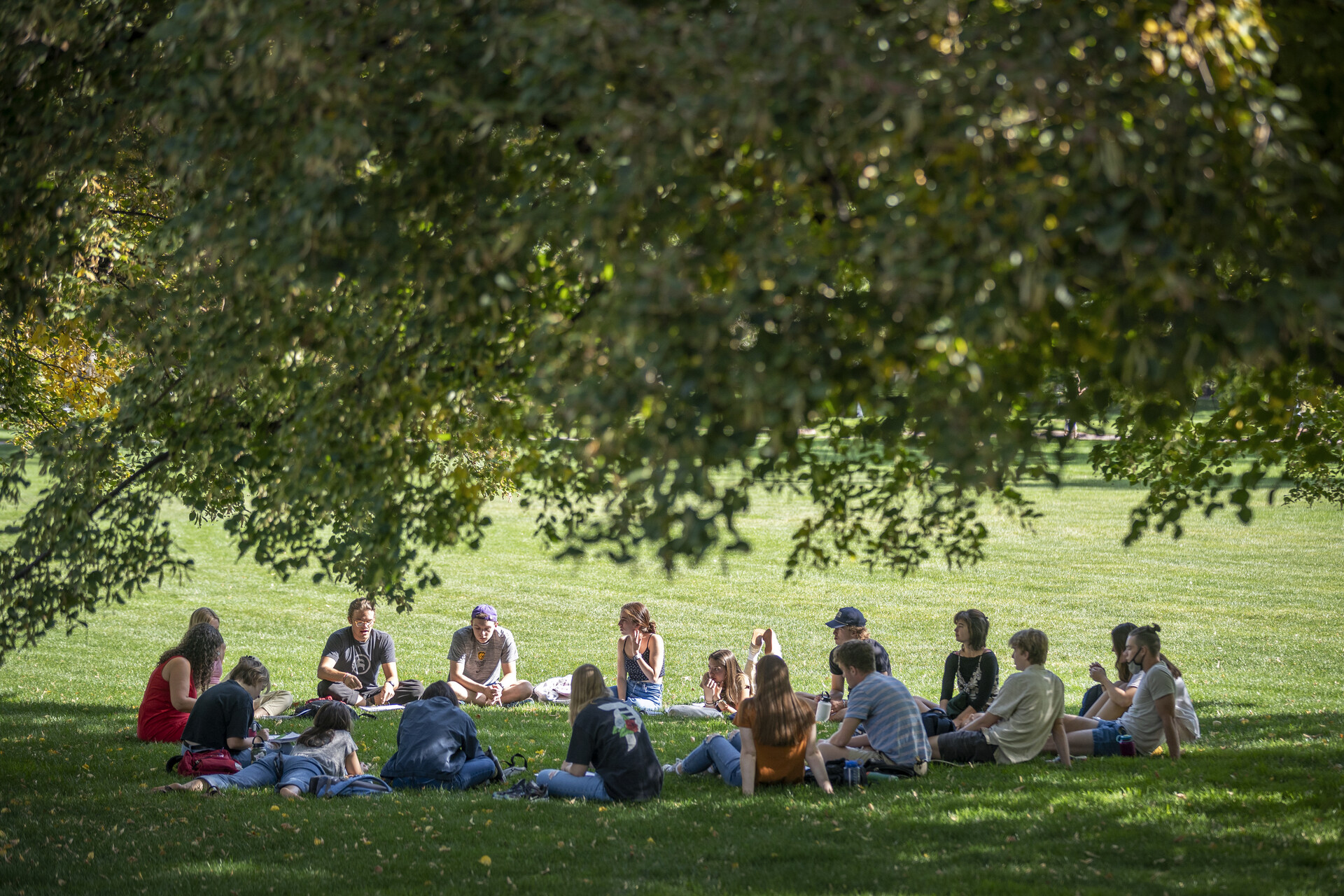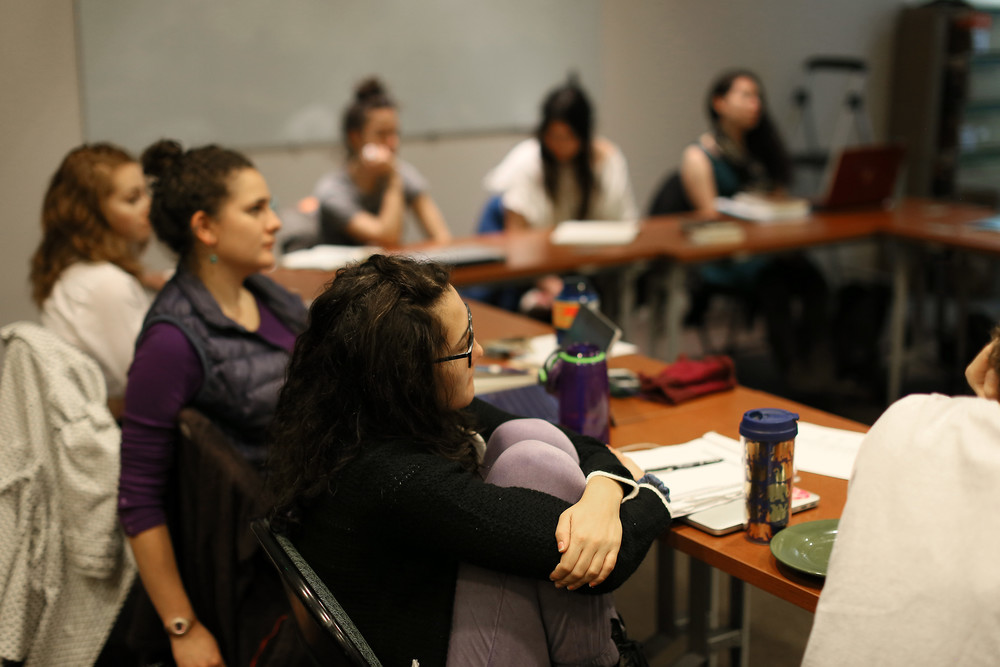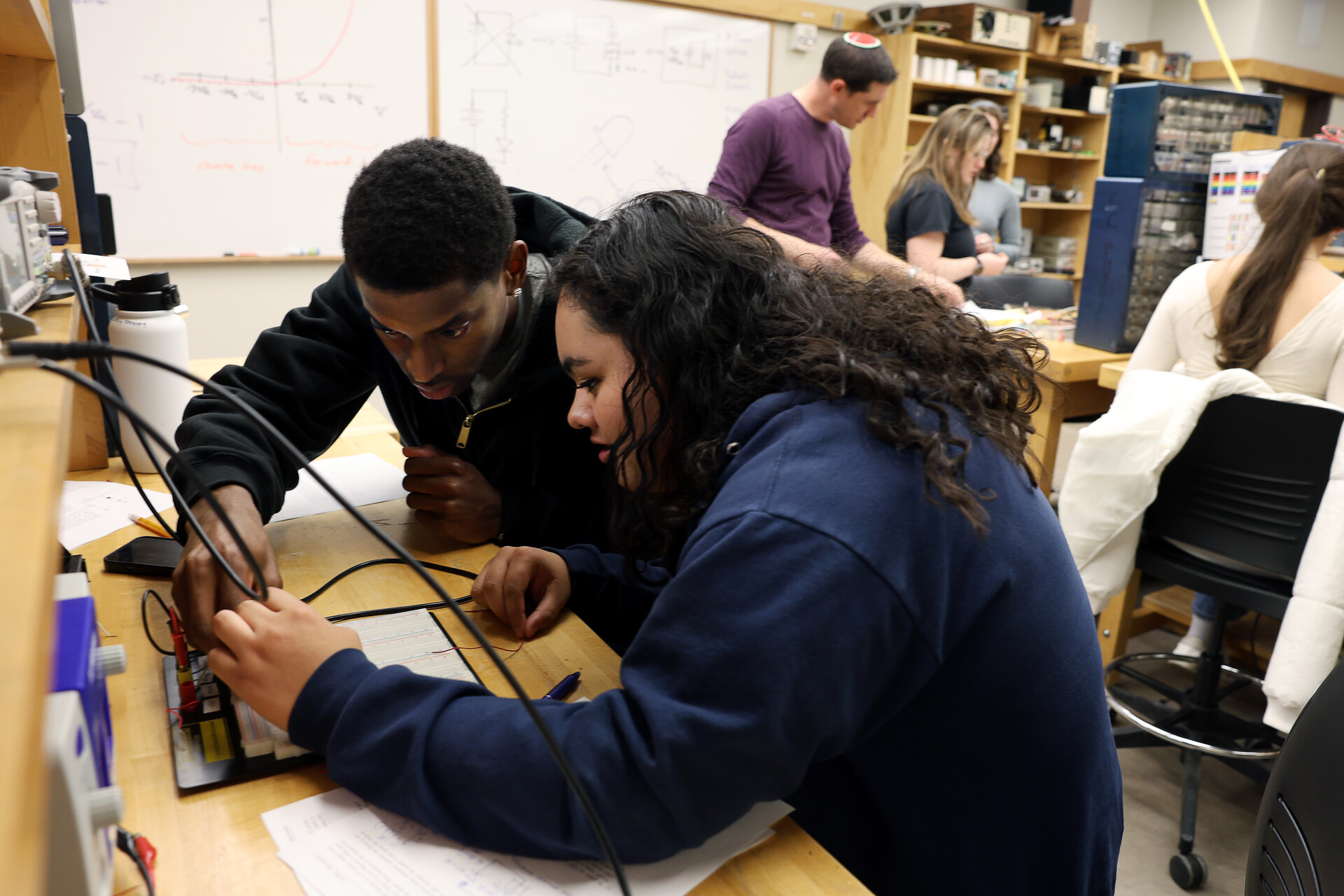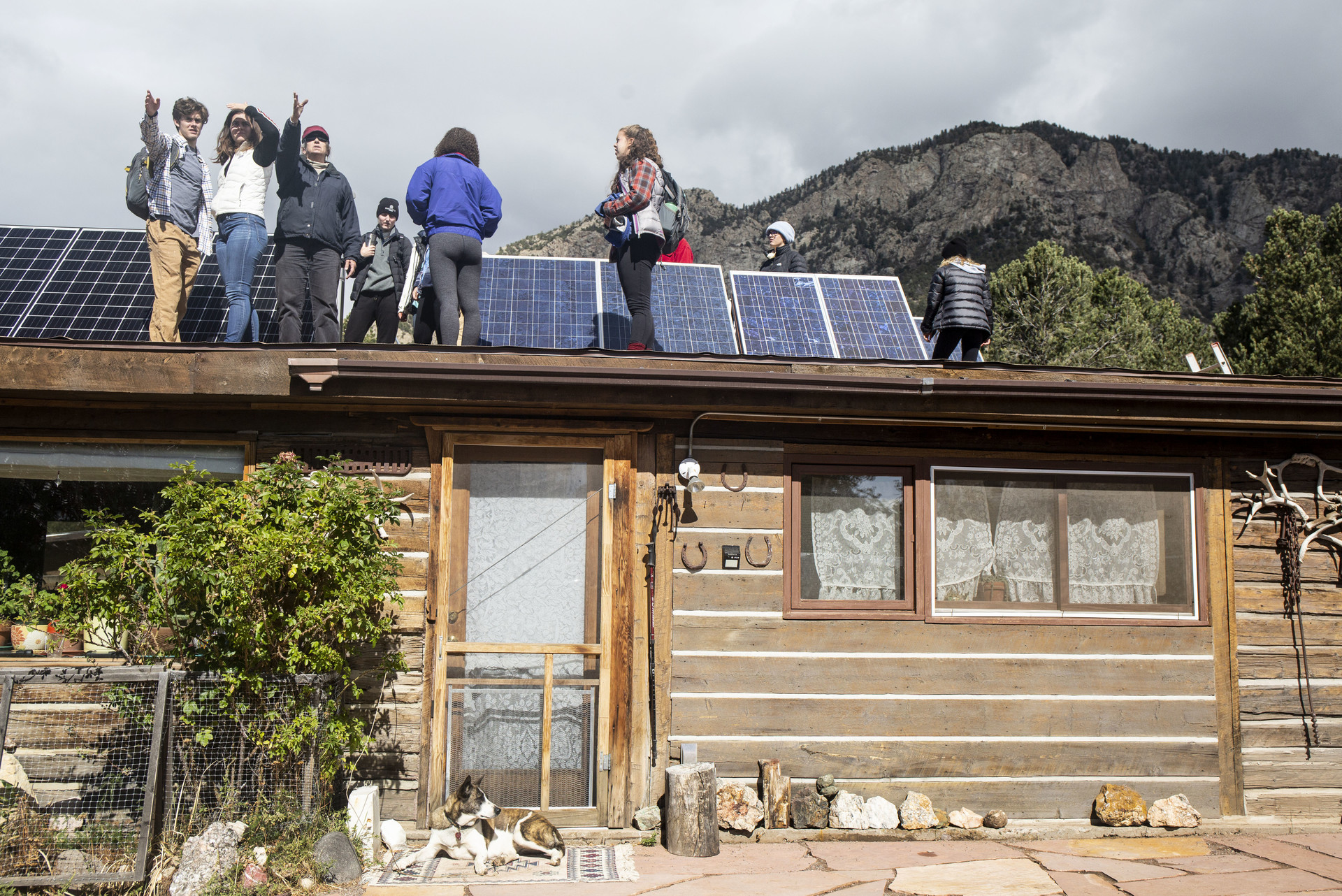Faculty Insight Forum 2025: Context and Goals
"What are priorities that faculty see in the education of our students and in their work as teacher-scholars?"

This is the archive page of the 2025 Faculty Insight Forum informational page. To read about the findings and action plan, please visit the Insight Forum Next Steps page.
We invite you to participate in a Faculty Insight Forum session, a small-group discussion with Interim President Manya Whitaker and Dean of the Faculty Emily Chan, designed to explore faculty priorities, institutional resources, and opportunities for collaboration that enhance both faculty work and student learning. These forums provide a space to share insights on academic priorities, flexibility in faculty roles, and changes that support a thriving academic environment. Let's start from the core question: What are priorities that faculty see in the education of our students and in their work as teacher-scholars?
Why Now?
Time to Gather and Imagine!
Now is a unique moment, following the 2 years of Project 2024 where we simultaneously focused on the biggest questions (e.g., digital wellness, enrollment and demographic changes, living wage) and the most day-to-day tactical and operational (e.g., events management, org chart that is easy to find, expanding 2-block and multi-block experiences), we have the opportunity to focus on the glue that permeates these different levels of analyses: The academic experience --- what are priorities that faculty see in the education of our students and in their work as teacher-scholars?
A Critical Moment in Higher Education
As we move through an era defined by urgent societal challenges—climate change, economic instability, political polarization, and global health crises—Colorado College remains steadfast in its mission to Reclaim the Liberal Arts as we “challenge students, one course at a time, to develop those habits of intellect and imagination that will prepare them for learning and leadership throughout their lives.” The complexity of today’s world demands institutions of higher education that cultivate independent thinking, creativity, and ethical leadership. Colorado College is uniquely positioned to meet these demands through its distinctive Block Plan, which fosters deep engagement, critical inquiry, and intellectual flexibility.
Higher education’s role in addressing these challenges depends on its commitment to foundational principles: institutional autonomy, academic freedom, equity and access, and accountability to the public good. We must be steadfast in committing to safeguarding and advancing the dynamic creativity, academic rigor, and free expression that define excellence in higher education. We must continue our commitment to preparing students not only to understand and engage with today’s most pressing issues but also to lead and live with the purpose of building a sustainable, equitable, and peaceful future.
Our CC Commitment
This commitment is situated in a national landscape of eroding public trust and understanding of higher education. Educational leaders and organizations are responding to these challenges by identifying sector-wide priorities and changes. The Boyer 2030 Commission issued a blueprint for undergraduate education that recommended focusing on world-readiness (life, work, and citizenship), equity/excellence in teaching and learning, adopting strategies in advising to increase access and clear pathways to completion, and fostering belonging and wellness. The AAC&U emphasizes the role liberal education in advancing democracy, with focused efforts to support curricular and pedagogical innovation, STEM education, inclusive excellence, global citizenship, and high impact and engagement practices and post-grad readiness.
Importantly, the existing institutional classification commonly known as the “Carnegie Classification” will be launching a major update (most might be familiar with CC being classified as a “Baccalaureate College: Arts and Science Focus, selective and residential”). In partnership with the American Council on Education (ACE), the Carnegie Foundation will launch a new 2025 classification system to have Institutional Classifications (the old “basic classification”), a separate Research Activity Designation, a new Student Access and Earnings Classification, and additional Elective Classifications (existing, e.g., Community Engagement; In development, e.g., sustainability, serving Indigenous populations, supporting veterans, etc.). Would we like to augment our research profile and sustain our classification in the “Research Colleges and Universities” category? What about other elective classification? How do classifications influence student enrollment choices (see recent EAB.COM analysis on student college choices). AND importantly – how do our core priorities and goals relate to the proliferation of rankings and classification?
Outcomes
The outcome will be the identification of academic priorities that lead to cross-department collaborations, changes, initiatives. Discussion of the top priorities activates faculty action to translate vision to tangible changes in priority areas central to our shared educational mission. Some might lead to initiatives that can be rapidly piloted and evaluated, and other initiatives might need further planning and mapping that takes longer (e.g., 6-12 months).



